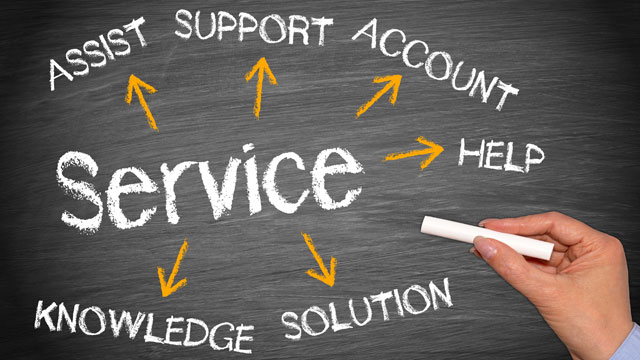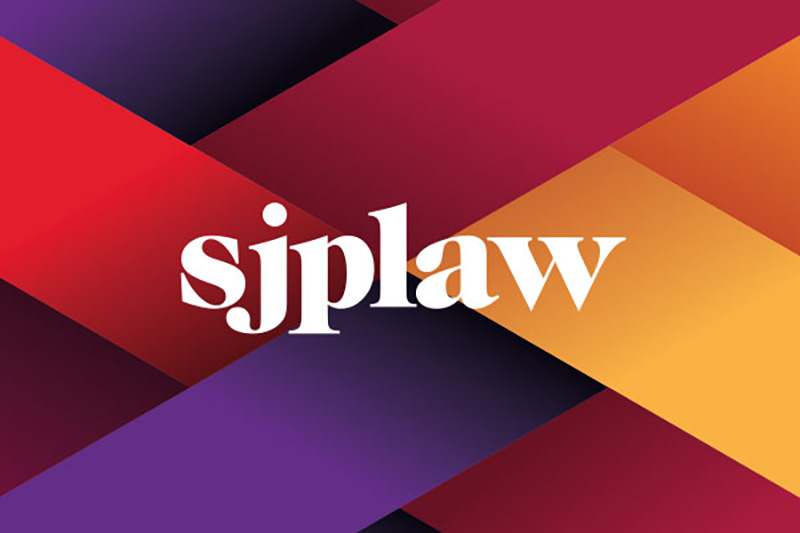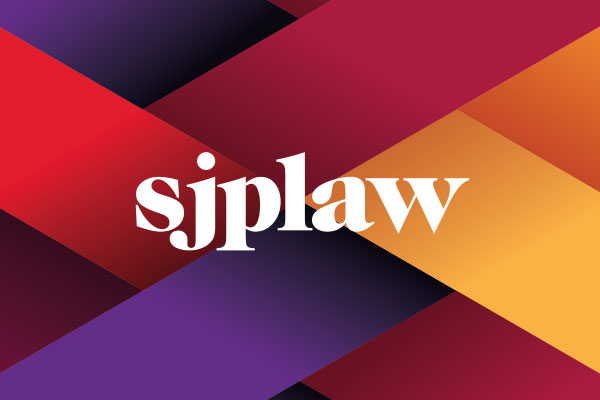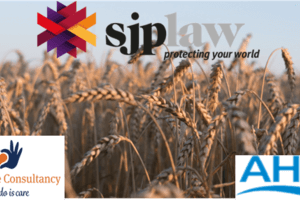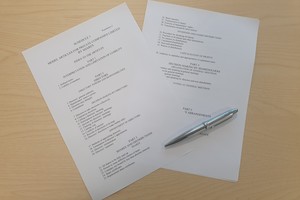We have compiled a list of the latest information to aid employers and businesses in their decision making.
The guidance outlined in this list is from Tuesday 17 March to Friday 20 March 2020 inclusive.
TUESDAY 17 MARCH 2020 UPDATE
- If the employee self-isolates - they are off sick and are paid SSP*;
- If you force isolation on them, then they are not sick nor are they on holiday - you have to pay them full pay (but see 3 below);
- However, if they are displaying symptoms of Covid 19 or have been to an area of high risk as listed by the Government (so should be self-isolating) then you do have a right to send them home and pay SSP* (this is only in the last few days becoming acceptable). This could change;
- However, if they turn up to work and are clearly ill then you can send them home as sick and pay SSP*;
- If the employee can work from home, then allow them to do so and pay as normal. You do still have an obligation to provide a safe working environment even if they are working at home so it depends upon what the role is as to whether this is a good idea or not. If they are at home and working they are entitled to full pay.
- If they are well and been to an area listed by the Government as a risk area then they should self isolate and they should take advice from the NHS. They are paid as per 1 above.
- If they are well and have not been to one of those areas, they should come into work as normal. If they do not come to work then they are taking unauthorised absence and do not have to be paid (they are not sick or on holiday). Unless they are self-isolating in which case 1 above applies.
- If they have a new persistent cough, and/or high temperature or told by the NHS to isolate then they should self isolate . They are then paid as per 1 above.
- If they have to stay at home to look after children or family then they are looking after dependents and usually they are not be entitled to pay. (However, please check your individual policies as to whether you pay for dependents leave of not).This may change when the Government make their update. As at the time of this release government guidance is they are not entitled to pay.
- If they are not displaying symptoms of Covid 19 but have a respiratory symptom (cold) then they may go off sick and would be paid SSP.
- If they are ordered to self-isolate or quarantined then SSP* is payable.
- If the employee is just anxious and worried about attending work. Then discuss it with them and you can agree, to let them take holiday, flexible working or unpaid leave. If the anxiety gets so bad they cannot work then they are off sick and SSP* is payable.
- If an employee living alone shows symptoms of Covid-19, they should self-isolate for 7 days. They will be paid as 1 above.
- Any individual living in a house with someone who shows symptoms of Covid-19, they will be asked to self-isolate for 14 days from the moment the first individual to become ill shows symptoms. They will be paid as 1 above.
- If an employee has to stay at home to look after a dependent who is displaying symptoms of Covid-19, but they themselves are not sick, they would receive SSP* because they are having to self-isolate. If they are staying at home to look after dependents as schools/childcare have closed, then please see 9.
WEDNESDAY 18 MARCH 2020 UPDATE
- The government has released information regarding various financial packages to support businesses through the disruption been caused by Covid-19. Please see the eligibility criteria outlined in this link.
THURSDAY 19 MARCH 2020 UPDATE
- From the end of the school day from Friday 20 March, the government has announced that there will be temporary closure of schools and childcare providers. Some schools and childcare providers will still be required to open to continue the provision of education and support for those children of key workers and vulnerable children.
The definition of ‘key worker’ has been defined as those workers who work for the NHS, police and supermarket delivery drivers who need to go to work to support the country in tackling coronavirus. A full list of ‘key workers’ is listed in the link at 18.
Vulnerable children are those who have a social worker and those with Education, Health and Care Plans.
To support children eligible for free school meals, schools will be able to provide meals or vouchers for supermarkets or local shops.
If an employee has to stay at home to look after dependents following school closures, please see 9 above.
FRIDAY 20 MARCH 2020 UPDATE
- The government has released a full list of those professions in which employees have been identified as key workers, as schools are being asked to continue to provide care for a number of children whose parents are critical in the response to Covid-19.
Please see this link for ‘key workers’ whose children will be prioritised for educational provision. - Legally, medical evidence is not required for the first 7 days of sickness absence. After 7 days, employers may use their discretion around medical evidence if an employee is staying at home.
For businesses who have employees who are absent from work as they have been advised to stay at home as either; they are unwell themselves, or live with someone who is, discretion should be used around the need for medical evidence.
If evidence is required to cover self-isolation or household isolation after the first 7 days of absence - employees can get an isolation note from NHS 111 online or from the NHS website, please see the links below.
- An extension of the off-payroll working rules to private-sector employers have been postponed for 12 months as part of the government response to Covid-19.
The change of plan is a ‘deferral and not a cancellation’ and the government plan to reintroduce the policy with a new commencement date of 6 April 2021.
In the meantime, where a contractor undertakes work for a private sector engager, the contractor will remain responsible for determining the tax status of the contract. Companies that have already made changes to reflect the new rules have been reassured that their Status Determination Statements will have no standing in law and will not be used as evidence in any enquiry dispute during the coming year.
In summary, the more you can make employees decide themselves whether to self-isolate or not using the Government guidance the better.
If you think they are clearly ill when they get to work, send them home off sick until they are fit to return to work.
* - Whether you should pay SSP or an enhanced rate for your staff when they are off sick depends upon what it says in their contract of employment. Please check each employees contract to ensure you are paying them correctly. SSP should be recoverable but to date it is not clear how this process works. SSP is payable from the first day the employee is off sick.
This advice based upon the Governmental and ACAS guidance as at the time of this email.

